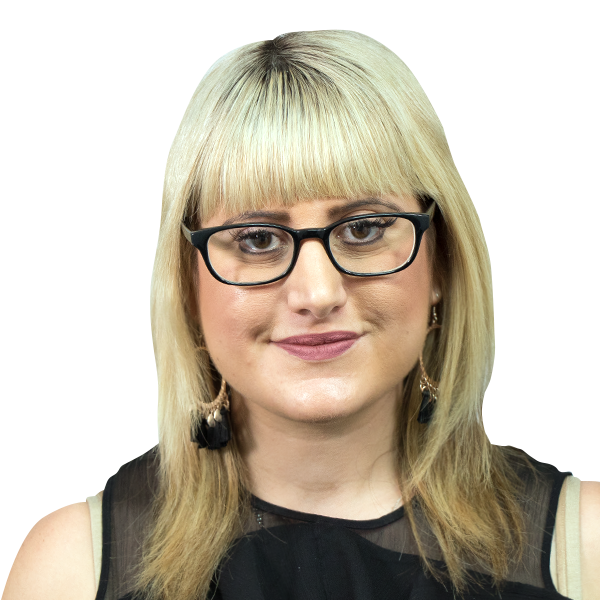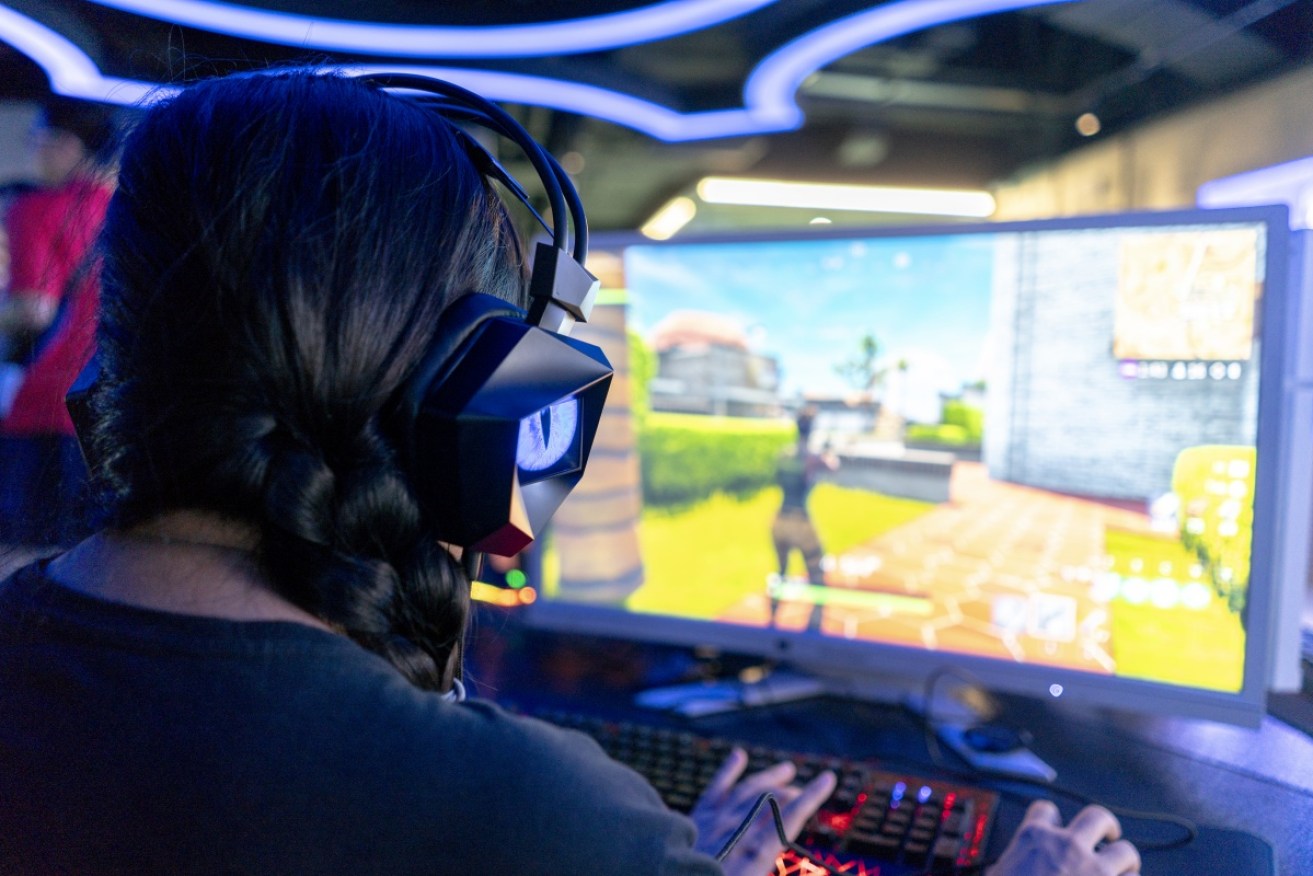Gaming addiction is now considered a mental health disorder, but is the move premature?


The World Health Organisation has added 'gaming disorder' to its International Classification of Disease roster for the first time Photo: Getty
Gaming has been officially classified as a mental health disorder, but some experts and gamers say the change stigmatises the whole industry.
The World Health Organisation announced in June that ‘gaming disorder’ would appear in an update of the International Classification of Diseases (ICD-11) – the global guidelines for diagnostic health information.
That means gaming disorder is now officially considered a mental health disorder.
The WHO defines it as a “clinically recognisable and clinically significant syndrome, when the pattern of gaming behaviour is of such a nature and intensity that it results in marked distress or significant impairment in personal, family, social, educational or occupational functioning”.
Addiction or fear-mongering?
But Professor Daniel Johnson, from the Games Research Lab at Queensland University of Technology, said the decision was premature and stigmatised the whole industry.
“You want a certain standard of evidence before you classify something as a disorder, and many researchers feel the same way,” Professor Johnson said.
He said early classification of disorders caused significant issues.
“There is a great deal of research to suggest what we might call excessive gaming goes in tandem with other issues such as depression, anxiety or social interaction issues – those people might turn to gaming.”
“If the solution is to stop them playing video games, we might end up not only causing them more problems but we miss what’s really going on for the person.”
Professor Johnson said further research was needed to define what is and isn’t a gaming disorder.
“There’s only been one or two studies that’s based on this classification,” he said. “We need to talk in depth to people who are having problems controlling their gaming and those who are having a healthy interaction with it.”
He said such fears around different disorders had been evident throughout history.
“In 1869, it was feared that reading too many novels would cause harm. Then, chess was considered dangerous and after that people were worried about heavy metal music.”
What gamers are saying
Jayden ‘Dizzle’ Saunders, the team manager and coach of eSports Rainbow Six: Siege Team, said gamers shouldn’t be targeted with WHO’s classification.
“We laughed when we heard the announcement,” Mr Saunders, whose team finishes its tournament at the Six Major Paris event this weekend, said.
“To generalise an entire sub-culture … is casting a very broad net and doesn’t show a whole lot of understanding.”

Fnatic’s eSports team Rainbow Six: Siege. Photo: Ubisoft
“We still spend time with our friends, family and have very active social lives – gaming has given us so many opportunities.”
Player Etienne ‘Magnet’ Rousseau said gaming had led him to having more friends than he would ever have thought.
“I have friends on the other side of the country, friends on the other side of the world and friends that are local that I meet up with, all thanks to gaming,” Mr Rousseau said.
‘Weak scientific basis’
In February, 36 medical experts from around the world, including University of Sydney and Oxford University, co-authored a paper called “A weak scientific basis for gaming disorder: Let us err on the side of caution”.
In it, they argued that formalising gaming disorders in ICD-11 might lead to medical, scientific, public health, societal, and rights issues.
“We believe that understanding this population and the nature and severity of the problems they experience should be a focus area for future research,” the paper said.
Deakin University professor of education Catherine Beavis, who has done a three-year a national Minecraft study in 10 schools, said gaming helped students with their learning.
“By using Minecraft to assist with learning, we found that even those who were struggling with subjects such as literature really excelled,” Professor Beavis said.
“There’s no doubt that a small proportion of people game excessively but to characterise gaming as an addiction enables us to overlook the real benefits of gaming.”
Classification, ‘a reasonable inclusion’
But Deakin University associate professor in psychology Nicki Dowling said the classification was reasonable.
“I tend to deal with behavioural addiction and there are very similar constructs to gaming, as there is with gambling and alcohol addiction,” Professor Dowling said.
“I’m definitely an advocate of including behavioural addictions into these diagnostics.”
She said the inclusion was a positive step for people experiencing harm from their gaming addiction.
“When gambling disorder was first including into the Diagnostic and Statistical Manual of Mental Disorders (DSM), it gave it credibility from a scientific perspective and provided justification for funding, research and treatment,” she said.
“If people are experiencing significant consequences from their gaming, then this provides a way for people with the same issues to receive support.”
Ryan Hassan, practitioner and co-founder at The Melbourne Centre of Healing said some of its clients had stopped gambling, but then turned to gaming. His clinic offers alternative therapies to treat addiction.
“We’ve seen that people who are seeking an online community or sense of status turn to gaming, especially those who were previously gambling,” Mr Hassan said.
“An addiction is simply a desperate attempt for us to escape from being with ourselves, because of too much pain or stress.”








